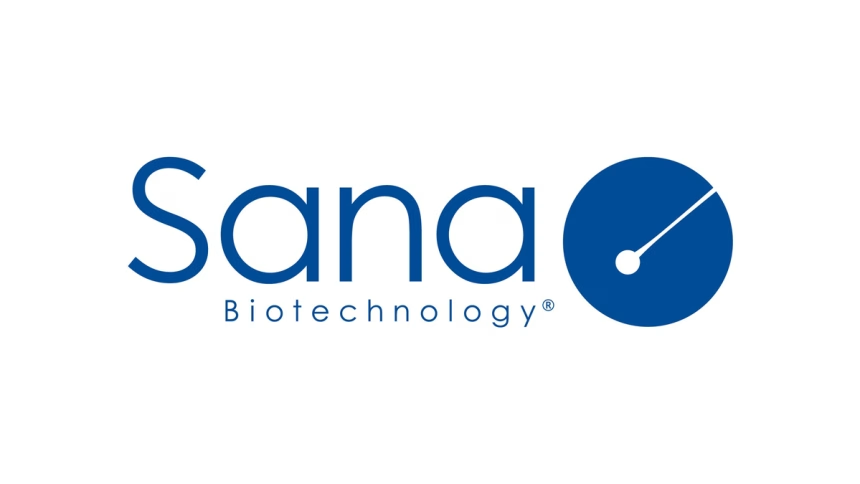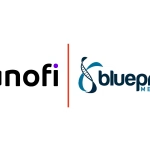In a groundbreaking clinical milestone that may transform the future of type 1 diabetes (T1D) management, Sana Biotechnology has announced compelling six-month results from its first-in-human trial using hypoimmune-engineered islet cells. For the first time in medical history, a patient with T1D has been able to produce insulin without the need for immunosuppressive drugs, a leap forward in the search for a functional cure.
The Innovation Behind the Headlines
Type 1 diabetes is a chronic autoimmune condition where the body’s immune system mistakenly attacks insulin, producing beta cells in the pancreas. Traditional therapies like insulin injections or islet cell transplants require ongoing management or lifelong immunosuppression.
Sana’s innovative approach centers on hypoimmune (HIP) technology, a platform that engineers donor cells to evade detection by the immune system. The study involved transplanting a low dose of UP421, an allogeneic (donor-derived) islet cell therapy, into a patient without any immunosuppression.
Conducted at Uppsala University Hospital in Sweden, this first-in-human study demonstrated that the patient’s transplanted beta cells not only survived but also continued to produce insulin in response to food intake over a six-month period. The cells were delivered intramuscularly into the forearm, and imaging confirmed their survival over time.
Also Read: New Study Shows Abbott’s Healthy Food Rx Helps Diabetes Patients Eat Better and Feel Healthier
“As an endocrinologist who has dedicated my career to improving outcomes for patients with type 1 diabetes, I am pleased to share these exciting results,” said Dr. Per-Ola Carlsson, Principal Investigator of the study. “We believe today’s six-month update continues to suggest that a functional cure for type 1 diabetes without immunosuppression is possible.”
Key Clinical Findings at Six Months
- C-peptide levels, a marker of insulin secretion, remained consistently detectable and increased after a Mixed Meal Tolerance Test (MMTT), indicating that transplanted beta cells were functioning normally.
- No immunosuppressive drugs were used throughout the study period.
- PET-MRI scans showed signs consistent with islet graft survival at the forearm transplant site.
- No adverse safety signals were reported during the six-month follow-up.
These findings build on previously released 4-week and 12-week updates that had already shown early signs of insulin production and cell survival.
“Durable survival, function, and immune evasion of transplanted allogeneic pancreatic islet cells with no immunosuppressive medicines… represents a transformative and necessary step to making cellular and transplant medicine more accessible,” said Dr. Steve Harr, President & CEO of Sana Biotechnology.
What This Means for People Living with Type 1 Diabetes
There are currently over 9 million people worldwide living with type 1 diabetes, including a significant population across the Middle East and North Africa. Insulin therapy, while life, saving, does not prevent long-term complications such as kidney disease, nerve damage, and cardiovascular disorders. Moreover, immunosuppression required in traditional islet transplants introduces risks of infection, cancer, and toxicity.
This new approach, engineering immune-evasive cells, may eliminate the need for these drugs, reduce the burden of daily insulin injections, and pave the way for a safer, longer-lasting solution.
“The prospect of administering insulin-producing cells into people with this disease, enabling stable glycemic control without lifelong injections, drugs that suppress their immune system, or constant daily management, represents a transformative and potentially life-changing breakthrough,” said Dr. Aaron J. Kowalski, CEO of Breakthrough T1D.
Limitations & The Road Ahead
While this data is highly promising, it’s important to note that the study so far includes only one patient and focuses on early safety and biological response, not full disease reversal. Additionally, the current treatment uses deceased donor islets, which are in limited supply.
Recognizing the scalability challenge, Sana is now applying its hypoimmune platform to SC451, a stem cell-derived islet therapy capable of large-scale production. This program aims to deliver a one-time treatment for type 1 diabetes without insulin dependence or immunosuppression.
The company is preparing to file an Investigational New Drug (IND) application for SC451 as early as next year.
A Note to Our Readers
This development represents an early proof-of-concept and should be interpreted as a hopeful step forward, not a cure. A broader patient pool, longer-term data, and further trials are essential before widespread clinical use. MedEdge MEA will continue to monitor and report on this evolving field.
Key Highlights:
- First-in‑Human Proof‑of‑Concept: A patient with type 1 diabetes (T1D) received donor islets engineered to evade immune detection and continues to secrete insulin without any immunosuppressive therapy .
- Durable Function at Six Months: Consistent circulating C‑peptide and an increased response in a mixed‑meal tolerance test (MMTT) confirm graft survival and function at month 6 .
- Safety Profile: No safety issues observed; MRI/PET‑MRI imaging shows islet cell persistence in the forearm transplant site .
- Path to Scalable Cure: Insights will inform development of SC451, a stem cell‑derived, hypoimmune therapy aimed at achieving insulin independence without lifelong immunosuppression .



















